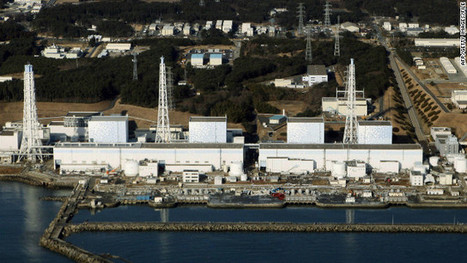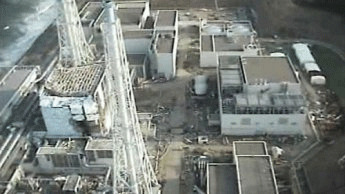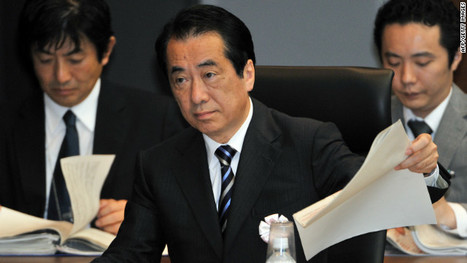The operator of Japan's crippled Fukushima Daiichi power plant admitted Wednesday that it was not fully prepared for last year's nuclear accident.
The operator of Japan's crippled Fukushima Daiichi power plant admitted Wednesday that it was not fully prepared for the nuclear disaster spurred by last year's devastating earthquake and tsunami.
"All who were related to the nuclear plant could not predict an occurrence of the event which was far beyond our expectation," said Masao Yamazaki, executive vice president of Tokyo Electric Power Co. (TEPCO). "We did not have enough measures to prevent the accident."
Report: Japan to restart first nuclear reactors since Fukushima
Yamazaki, who also chairs a TEPCO committee investigating the disaster, spoke at a news conference announcing the company's final report on the crisis that spewed radiation and left tens of thousands of residents displaced.
The report acknowledged criticism that TEPCO took too long to disclose information and accusations that the company has been hiding information.
"Losing power caused less plant data (to be) available," which caused a delay in retrieving information, the report stated.
Residents call for criminal charges against nuclear officials
The company added, "We did not mean to hide information, but there was a lack of enough explanation."
"We recognize these points should be improved," Yamazaki said.
Though no deaths have been attributed to the nuclear accident, the earthquake and tsunami killed more than 15,000 people in northeastern Japan.
Yamazaki said the company considered evacuating some employees after the disaster, and it decided to leave staff members "who were working on the necessary measures. ... We were determined to continue dealing with the situation, even risking our lives at that time."
Evacuee's suicide sad reminder how Fukushima continues to claim victims
TEPCO's probe is one of several investigations into the worst nuclear accident since Chernobyl.
In December, a government-formed panel of investigators released an interim report saying poorly trained operators misread a key backup system and waited too long to start pumping water into overheating reactor units.
The government's 10-member panel, led by Tokyo University engineering professor Yotaro Hatamura, also said neither TEPCO nor government regulators were prepared for the chance that a tsunami could trigger a nuclear disaster.
Former Japanese leader: 'I felt fear' during nuclear crisis



 Your new post is loading...
Your new post is loading...









